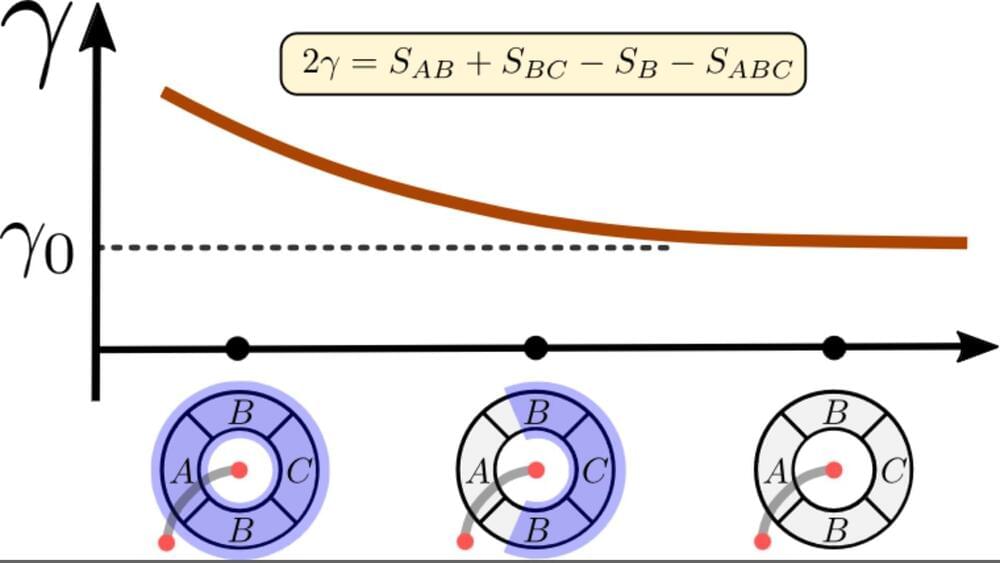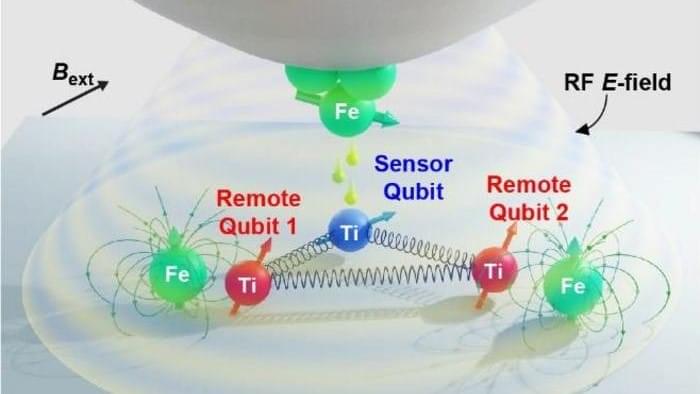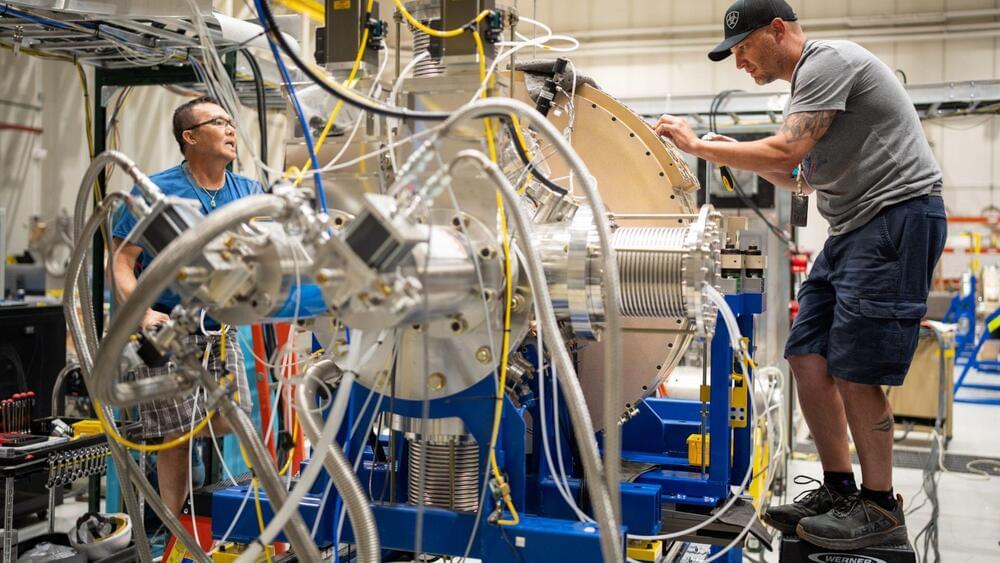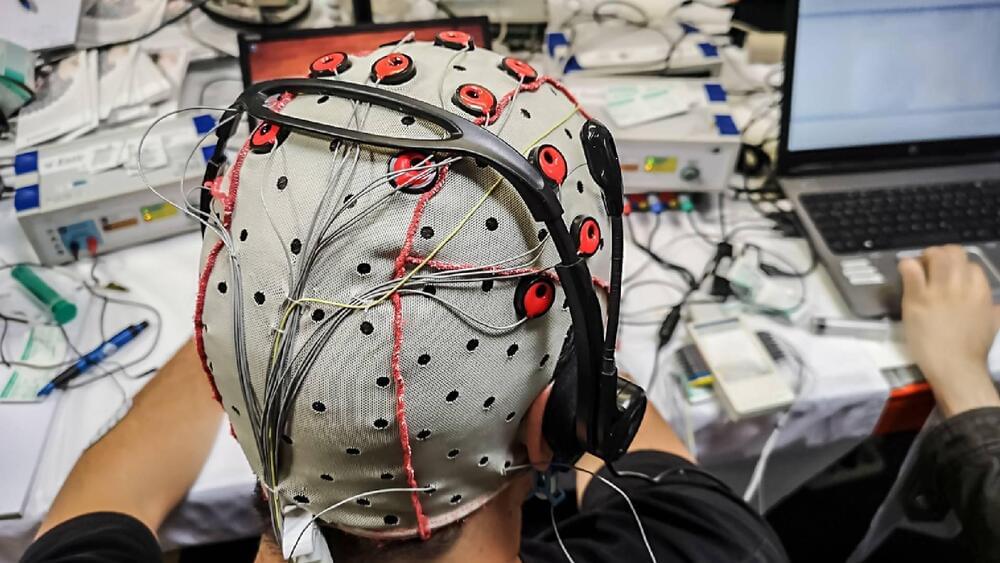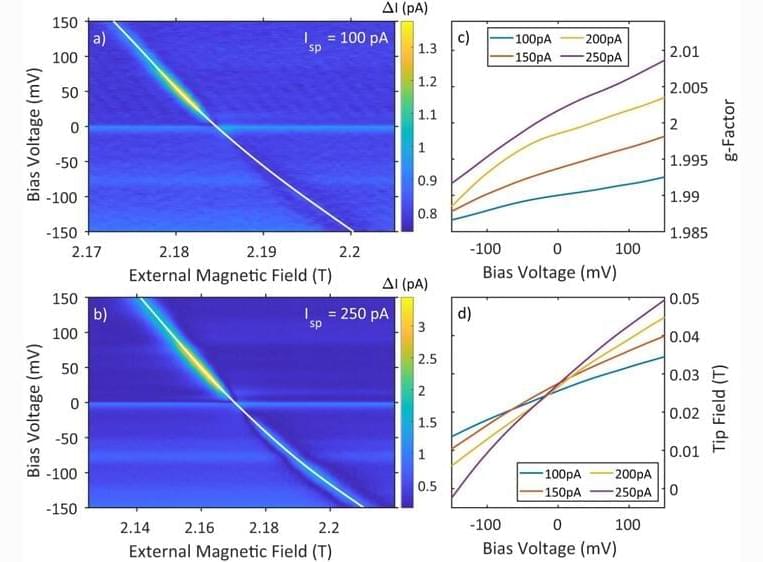Researchers at the University of Stuttgart have demonstrated that a key ingredient for many quantum computation and communication schemes can be performed with an efficiency that exceeds the commonly assumed upper theoretical limit — thereby opening up new perspectives for a wide range of photonic quantum technologies.
Quantum science not only has revolutionized our understanding of nature, but is also inspiring groundbreaking new computing, communication, and sensor devices. Exploiting quantum effects in such ‘quantum technologies’ typically requires a combination of deep insight into the underlying quantum-physical principles, systematic methodological advances, and clever engineering. And it is precisely this combination that researchers in the group of Prof. Stefanie Barz at the University of Stuttgart and the Center for Integrated Quantum Science and Technology (IQST) have delivered in recent study, in which they have improved the efficiency of an essential building block of many quantum devices beyond a seemingly inherent limit.
Historical foundations: from philosophy to technology.

